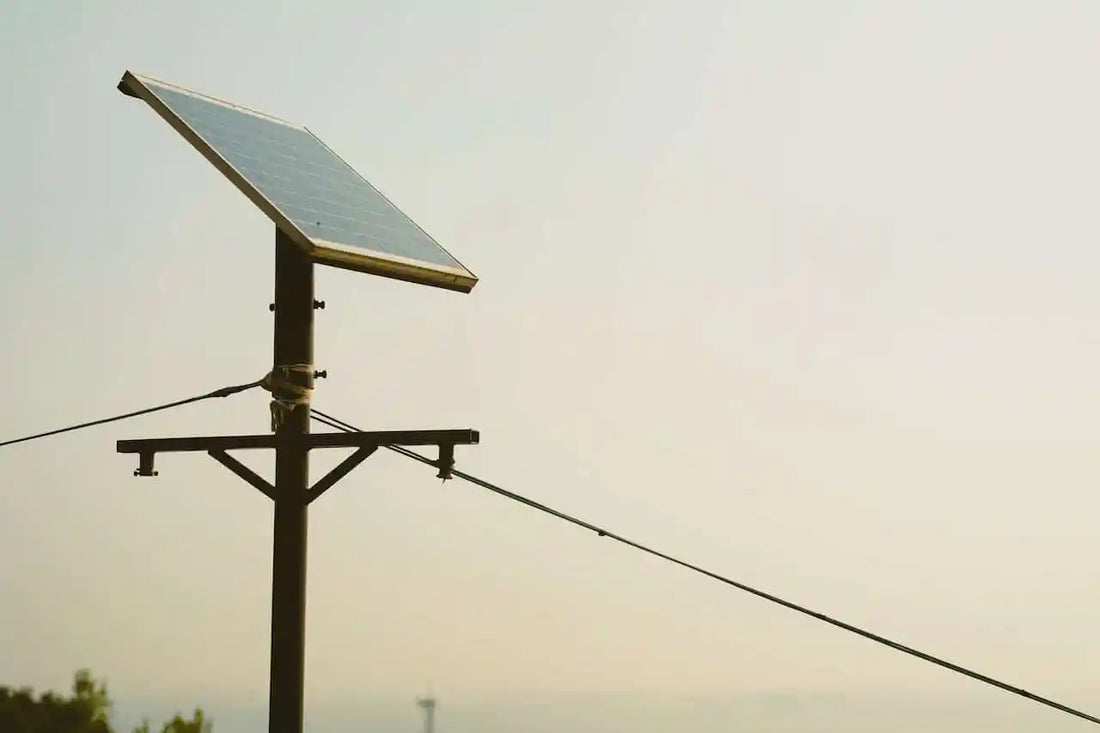
Demystifying Solar Rebates & Incentives in Australia
Transitioning to solar energy can be quite an investment; however, understanding and capitalising on available rebates and incentives is crucial to making this switch more cost-effective and financially rewarding. Many Australians remain unaware of the various rebates, feed-in tariffs, and solar incentives available, leading to missed opportunities for savings and financial returns. This blog will provide an in-depth exploration of the different solar rebate programs, their eligibility criteria, and the application process.
Today, we will discuss the federal government’s Small-scale Renewable Energy Scheme (SRES), which offers Small-scale Technology Certificates (STCs) as financial incentives for the installation of solar panels, solar water heaters, and other renewable energy technology. We will provide insights into the STC value calculation, trading, and the role they play in subsidising the cost of your solar system.
Additionally, we will delve into state-specific incentives and feed-in tariffs that can further maximise your financial return on investment. An overview of solar battery rebate programs and energy efficiency programs provided by various state governments will be included in the discussion.
Finally, our blog will offer guidance on understanding and comparing solar quotes, ensuring you make an educated decision that takes full advantage of the available financial incentives and rebates, allowing you to unlock the maximum benefits of your solar power system.
Stay informed and let Green Bank be your comprehensive resource when it comes to solar power products and incentives in Australia. By understanding and utilising the various solar rebates and incentives, you can secure the full financial advantages of transitioning to solar energy while simultaneously contributing to a cleaner, greener future for our planet.
The Significance of Solar Inverters
Solar inverters are an integral component of your solar power system, acting as mediators between the solar panels and your home’s electrical network. They are responsible for:
– Transforming Energy
Solar panels produce direct current (DC) electricity, while household appliances typically run on alternating current (AC) electricity. Solar inverters serve as a conversion hub, facilitating the transformation of DC current into AC current to power your electrical devices at home.
– Maximising Solar Energy Utilisation
Solar inverters aid in optimising your solar power system to guarantee maximum energy production and usage. They manage the transfer of electricity between the solar panels and your home, adjusting to varying sunlight conditions and power demands.
Decoding the Different Types of Solar Inverters
The market offers an array of solar inverters, each possessing a unique set of benefits and limitations. The most prevalent types include:
– String Inverters
String inverters, often referred to as central inverters, link multiple solar panels (typically arranged in a “string” configuration) and consolidate their generated power before performing the DC to AC conversion. These inverters are commonly used in residential solar installations due to their cost-effectiveness and simplicity.
– Microinverters
Unlike string inverters, microinverters attach to individual solar panels. This decentralised method permits each panel in the system to function independently, ensuring that solar energy production is not compromised even if one or more panels experience shading or other issues. Although microinverters are generally more expensive than string inverters, they can provide enhanced efficiency and smart-grid compatibility.
– Hybrid Inverters
Hybrid inverters fuse the capabilities of a standard solar inverter with a battery inverter, facilitating seamless integration of battery storage within a solar power system. Homeowners who wish to store surplus solar energy for later use, enhancing energy independence and minimising reliance on grid power, may find this type of inverter particularly appealing.
Aspects to Ponder When Choosing a Solar Inverter
The selection of a solar inverter for your solar power system may depend on several factors:
– Compatibility with Your Solar Power System
It is vital to ensure that your chosen inverter is compatible with your solar panels, battery storage, and other elements of your solar power system. Compatibility guarantees optimal performance, energy efficiency, and overall system lifespan.
– Cost vs. Performance
Evaluate the expenses associated with different solar inverters against their predicted performance, lifespan, and warranty terms. Microinverters, while offering higher efficiency and smart-grid features, are often more costly than their string counterparts, which nonetheless adequately meet the requirements of numerous residential systems.
– Future Expansion Objectives
If you envisage extending your solar power system or integrating energy storage solutions, consider opting for an inverter type that allows for effortless system modifications. Hybrid inverters are an excellent choice for those intending to incorporate battery storage into their solar energy system.
Installation and Maintenance of Solar Inverters
Appropriate installation and ongoing maintenance are crucial for optimising the durability and effectiveness of your solar inverter:
– Professional Installation
Select a certified and skilled solar inverter installation expert, like Green Bank, who guarantees that your inverter is correctly installed and configured to operate seamlessly with the remainder of your solar power system.
– Regular Maintenance and Monitoring
Frequently assess your solar inverter’s performance to identify potential issues that could impact its functioning and arrange routine maintenance as needed. Consistent upkeep will extend your inverter’s lifespan and bolster your solar power system’s overall performance.
Conclusion
Grasping the essential role of solar inverters and identifying the most suitable one for your needs is fundamental to establishing an efficient, reliable solar power system. By considering aspects such as system compatibility, costs, and prospective plans and collaborating with an experienced solar provider like Green Bank, you can confidently invest in a solar inverter that maximises the advantages of solar energy for your home.
Green Bank is committed to supplying high-grade solar panels, lithium batteries, inverters, and off-grid solar systems to help Australians embrace renewable energy’s full potential. With our professional guidance and support, you can make well-informed decisions, optimise your solar power system’s performance, and contribute to a cleaner, greener, and more sustainable future for all.


